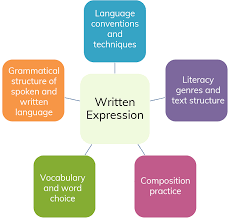Academic writing is clear, concise, focused, structured and backed up by evidence. Its purpose is to aid the reader's understanding. It has a formal tone and style, but it is not complex and does not require the use of long sentences and complicated vocabulary. Each subject discipline will have certain writing conventions, vocabulary and types of discourse that you will become familiar with over the course of your degree. However, there are some general characteristics of academic writing that are relevant across all disciplines.
This course is addressed to second-year licence students.
This course teaches writing in a straightforward manner, using a step-by-step approach. Clear, relevant examples illustrate each step, and varied practices reinforce each chapter.
- Listing several features of effective academic writing.
- Avoiding sentence problems.
- Defining the following concepts: fragments, comma splice, run-on sentence, choppy sentence, stringy sentence, parallelism.
- Ameliorating the learners' writing style.
- knowing the five key stages of the writing process.


